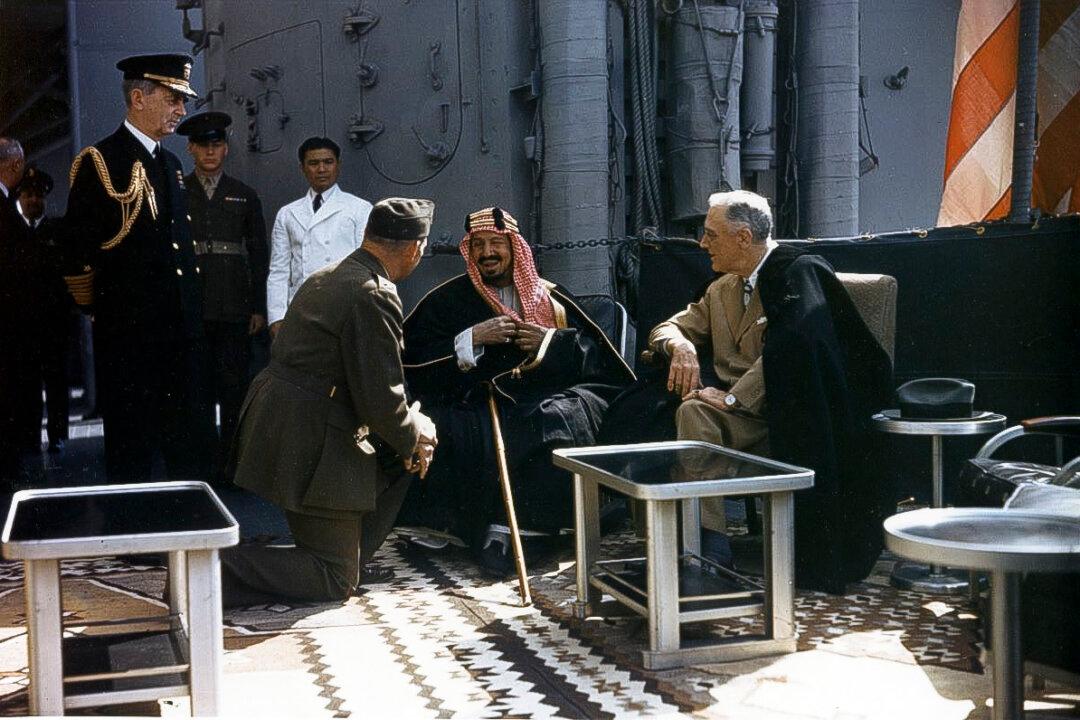The decision to exit Afghanistan was one that was discussed, haggled over, and planned for years. The disgraceful method in which the exit was conducted made it seem as though the decision had been made in minutes. The results of the seemingly nonstrategic Afghanistan exit were tragic, costly, and embarrassing, and the tragedy, costliness, and embarrassment is ongoing.
Chad Robichaux, a Marine veteran who was deployed eight times to Afghanistan as part of the 3rd Force Reconnaissance Company, didn’t just fight the enemy in Afghanistan; he developed relationships and long-lasting friendships with citizens. His new book, “Saving Aziz: How the Mission to Help One Became a Calling to Rescue Thousands From the Taliban,” tells the story that expresses the contrast of what Afghanistan is to Americans, specifically its military members, versus what it is to the Afghans. The country is the home of great good (those average citizens who risk their lives for some semblance of freedom) and of great evil (the Taliban), of natural beauties, and of man-made horrors.
A Proper Perspective







